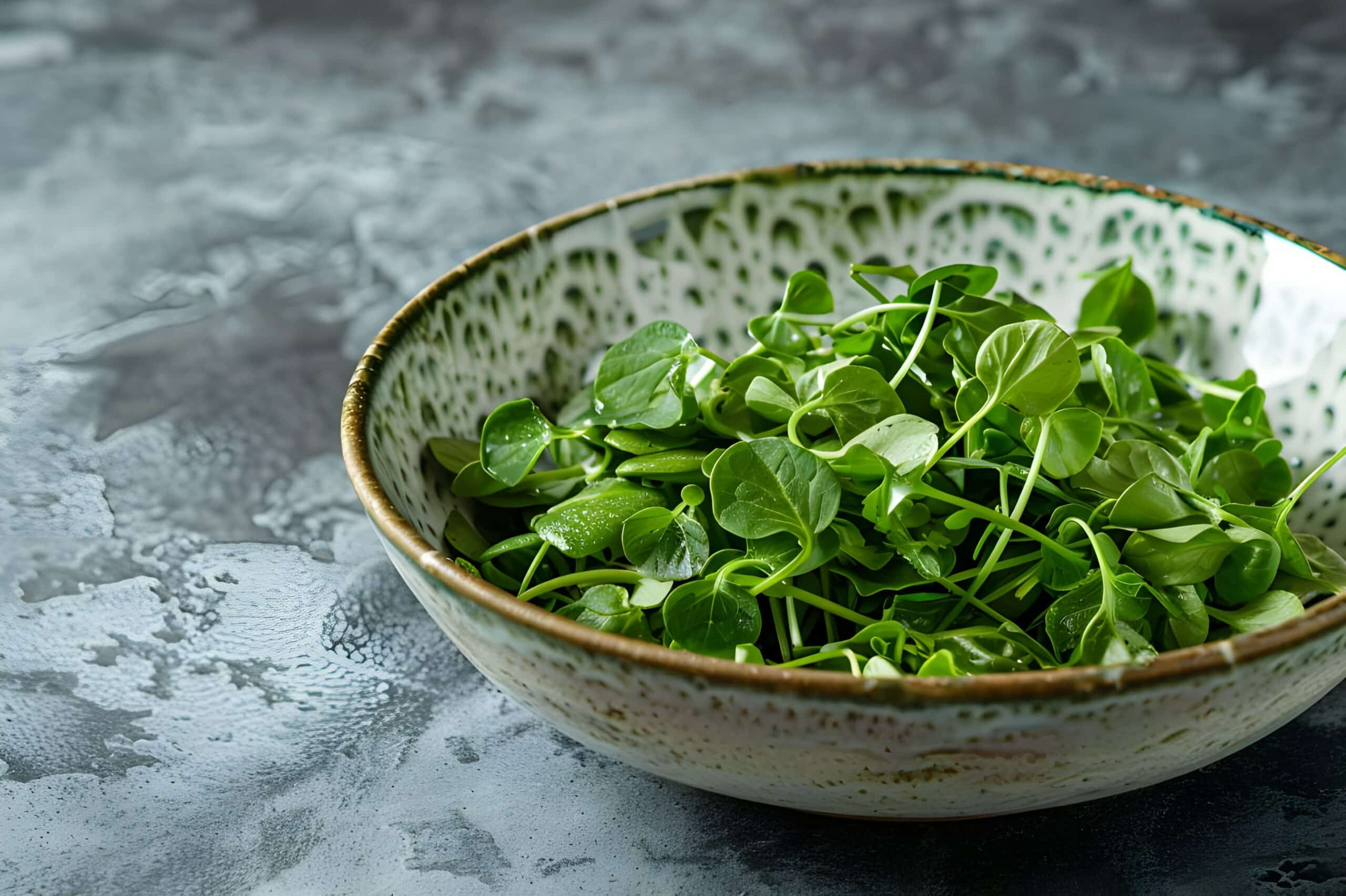Do microgreens cause bloating?
Key Takeaways
- Microgreens can potentially help with bloating, support gut health, and aid digestion.
- Microgreens are packed with nutrients such as fiber, antioxidants, and omega-3 fatty acids, which contribute to various health benefits.
- Microgreens contain significant amounts of dietary fiber, enzymes, and beneficial phytochemicals that promote digestive health and prevent constipation.
Based on the information provided, the question of whether microgreens cause bloating seems to have conflicting answers. However, after analyzing the available sources, it is evident that microgreens can potentially help with bloating, as well as support gut health and aid digestion.
The Potential Benefits of Microgreens
Microgreens are young vegetable greens that are harvested just after the cotyledon leaves have developed. Despite their small size, microgreens are packed with nutrients, including fiber, antioxidants, and omega-3 fatty acids, which can contribute to various health benefits.
According to the first source provided from Get Daily Elements, microgreens could potentially help with bloating. However, this claim is not supported by scientific evidence or further explanation. Therefore, we need to evaluate the other sources to get a more comprehensive understanding.
Microgreens and Gut Health
The second source from Microgreens World states that microgreens do not contribute to digestive issues. In fact, they support gut health by providing essential dietary fiber, antioxidants, and omega-3 fatty acids. These nutrients aid in digestion, reduce inflammation, and enhance the gut microbiome.
The third source from Microgreens World further reinforces this claim. Microgreens contain significant amounts of dietary fiber, enzymes, and beneficial phytochemicals that contribute to digestive health. The fiber content in microgreens promotes healthy bowel movements and prevents constipation. Certain microgreens, such as radish and mustard, also contain enzymes that assist in breaking down food, facilitating smoother digestion.
Possible Side Effects of Microgreens
Contradicting the previous sources, the fourth source from Master Microgreens suggests that eating too many microgreens can lead to bloating. However, it is important to note that this claim is not substantiated by scientific research or additional information.
Overall, while the information provided is not entirely conclusive, it seems that microgreens can be beneficial for gut health and digestion, rather than causing bloating. The high fiber content, enzymes, and phytochemicals present in microgreens contribute to a healthy digestive system.
Conclusion
Based on the available information, microgreens are unlikely to cause bloating. On the contrary, they have the potential to support gut health, aid digestion, and provide essential nutrients. However, it is important to remember that individual experiences may vary, and moderation is key when incorporating any new food into your diet.
Related Websites:
FAQs:
Q: What are microgreens?
Microgreens are young vegetable greens that are harvested just after the first leaves have developed. They are smaller than baby greens and packed with flavor and nutrients.
Q: What are the health benefits of microgreens?
Microgreens are rich in vitamins, minerals, and antioxidants. They can help improve digestion, boost the immune system, and promote healthy skin. Regular consumption of microgreens may also reduce the risk of chronic diseases.
Q: Can microgreens cause bloating?
While microgreens generally do not cause bloating, individual sensitivities and digestive health can play a role. It is important to listen to your body and adjust your consumption accordingly. Proper preparation and cooking techniques, as well as combining microgreens with other foods, can help minimize the risk of bloating.
Q: How can I minimize the risk of bloating from microgreens?
To minimize the risk of bloating from microgreens, ensure proper preparation and cooking techniques. This can include thorough washing, using fresh microgreens, and avoiding overconsumption. Additionally, try combining microgreens with other foods and listen to your body’s signals to adjust your consumption as needed.
Q: What other considerations should I keep in mind when consuming microgreens?
Microgreens offer various benefits for overall health, thanks to their nutrient profile. They can be incorporated into a balanced diet to enhance nutritional intake. If you have specific dietary concerns, it is advisable to seek professional advice for personalized guidance.






